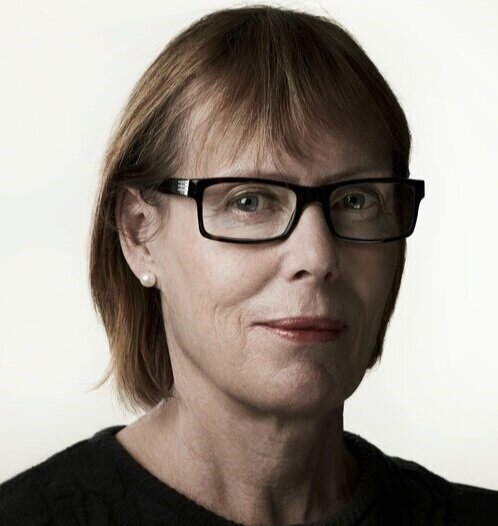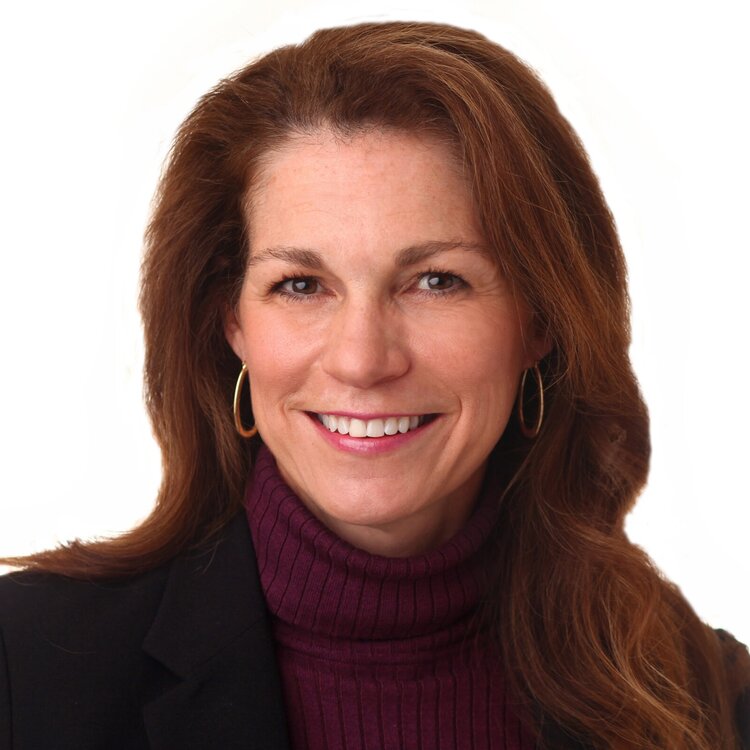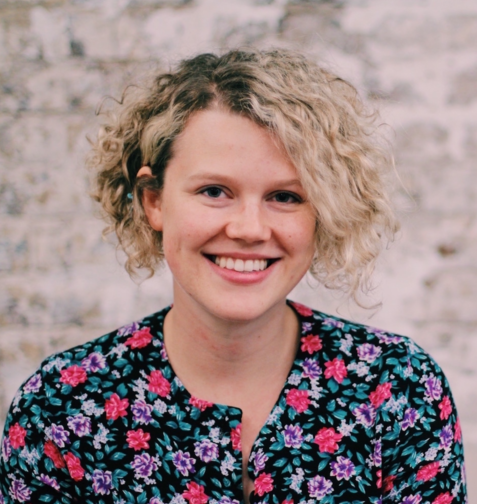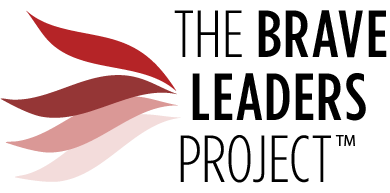Our Story: A Q&A With the Women Behind the Project
Why Bravery? Why Now?



How do you define a brave leader?
Margareta: They have strong values and beliefs to do what’s right. The big differentiator is their desire to serve and be part of a bigger assignment. It’s when you as a leader have enough self-confidence to think of others before yourself.
Jeanne: Most of the leaders we interviewed were surprised that we considered them brave. It’s not a word they would have chosen to describe themselves. This certainly points toward a level of humility, but more importantly, it means that being brave isn’t always big, bold or brash. It is more likely a series of smaller acts of courage that have a big impact over time.
Jessica: Change makers from all ages and all backgrounds going against the grain and relentlessly pursuing what they believe in despite other people telling them they will fail. Being brave means you believe in yourself and what you stand for and have the patience and drive to pursue it despite everyone else telling you that it’s impossible.
What is your vision for The Brave Leaders Project?
Margareta: That we will inspire others to take action and do the right thing—no matter if they are in business, politics or academia. The younger generations already demonstrate that they do not accept things the way they are. This gives them a unique opportunity to bring positive change around faster than previous generations. My wish is that they see the value in the life-lessons these brave leaders share and that they learn from those lessons.
Jeanne: The singular message from the Brave Leaders Project is that you are not alone. Others have been beaten down (or beaten), ostracized, and made to suffer incredible injustices. They’ve made something positive – or made progress – from, in some cases, almost nothing. In the telling of these stories, we share the valuable “how to” providing not just inspiration but a roadmap as well.
Jessica: That we inspire ongoing and real change. I hope that the stories we showcase will help connect our readers to the leaders whom we interview and their projects, and will show them the way forward to initiating or continuing their own personal and professional projects.

